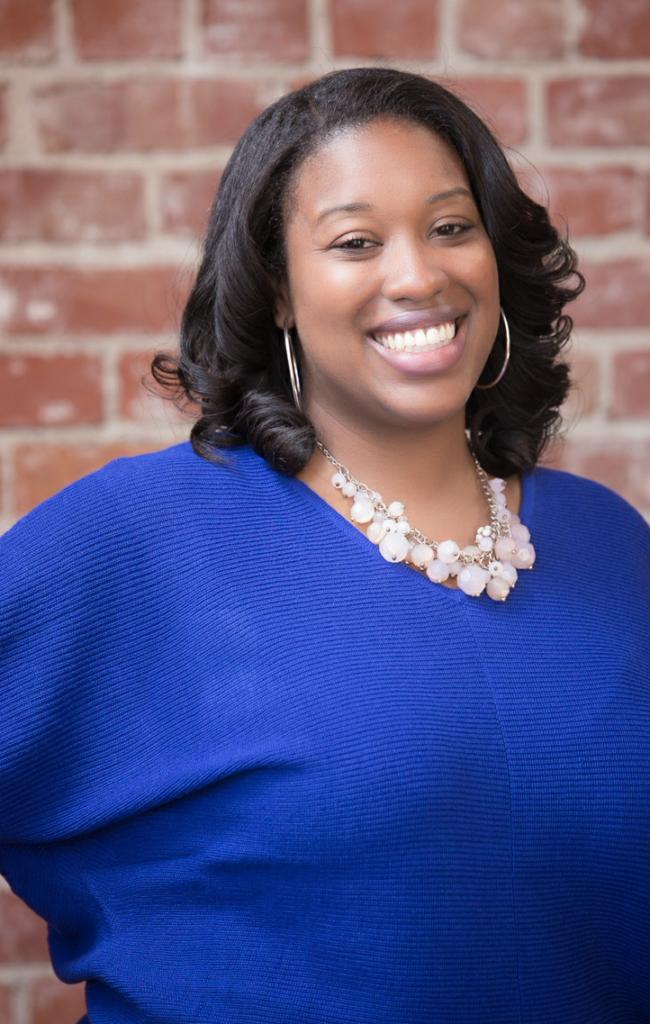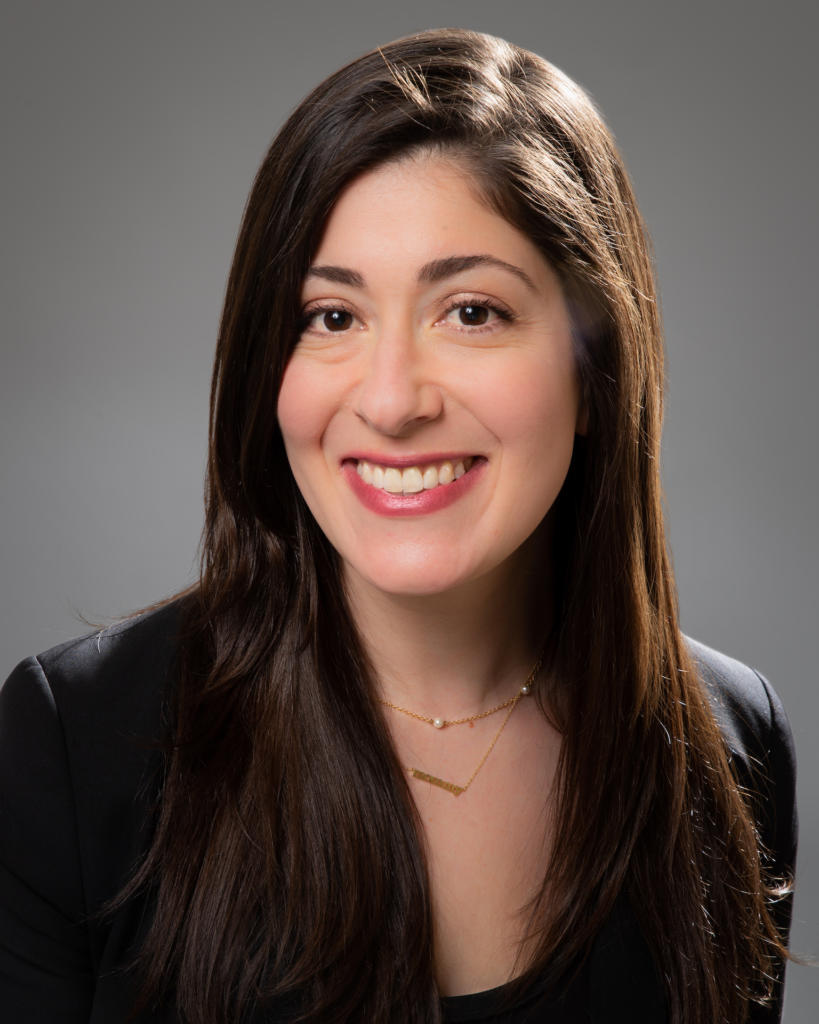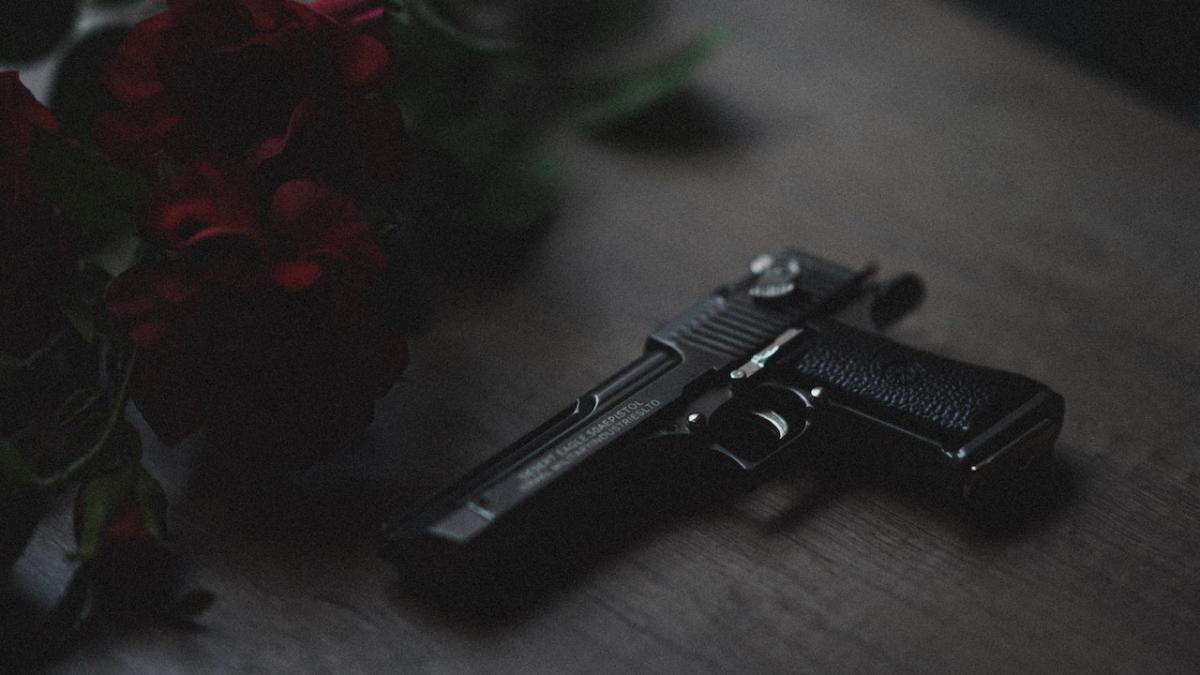Homicides in Philadelphia have increased 23 percent from last year, impacting many of the same Black and Brown communities that are bearing the disproportionate impact from the spread of COVID-19.
Providing resources to heal from murder, trauma, grief and loss is particularly important because of the recent murders of African-American men and women by white police officers. Pain and anger from generations of disregard for Black lives is prompting unrest across the nation. Facing the culmination of these factors, experts are teaming up to provide culturally relevant resources to survivors of homicide victims across the city.
The Anti-Violence Partnership of Philadelphia is working to ensure that every survivor and every agency in Philadelphia serving survivors of homicide victims have access to the necessary resources after the tragedy of a murder. The strategy is rooted in the Centers for Disease Control and Prevention’s social-ecological framework that interventions are needed at multiple levels to interrupt cycles of violence.
As a first step, AVP is providing the “Survivors’ Burial and Resource Guide: A Step-by-Step Guide for Regaining Control” to entities across Philadelphia that come in contact with family members of someone who was murdered. The purpose of the guide is to help families heal, regain control of their lives and achieve peace after the traumatic death of a loved one to murder.
The AVP is the only organization in Philadelphia whose mission is to reduce the entire cycle of violence by providing intervention, prevention, and support programs. AVP was founded 30 years ago as a support group for families who had lost a loved one to murder. AVP’s original program, Families of Murder Victims, quickly became a valuable support for co-victims of homicide by offering court accompaniment, advocacy and support.
Today, AVP is helping children and youth resolve conflict nonviolently, while assisting victims and their families to rebuild their lives in the aftermath of violence. Its mission is to end the cycle of violence in Philadelphia through comprehensive and collaborative programs in local communities.
AVP’s outreach goes beyond responders and families. This year, a training program with Harcum College students in the Criminal Justice program was held for students who plan to pursue a career as a police officer, FBI/CIA agent, or detective, or to go into similar fields in the criminal justice system.
PW recently caught up with Kendra Van de Water, director of the Intra-Familial Homicide Initiative of the AVP, and Jaclyn Mason, director of the Criminal Justice Program at Harcum College to talk about the AVP and violence in the city.
The AVP was started 30 years ago as a support group for families who had lost a loved one to murder. How have the Partnership’s goals, strategies and services evolved over the years? What are some of the newer programs in place today?
Van de Water: Over time, AVP has seen the need to not only support survivors of homicide in Philadelphia, but also survivors of violent crime and to provide general victim services at different stages in the aftermath of violence. Some newer programs in place today include our Counseling Center where full-time therapists provide free therapy to children and adult victims and survivors of all ages for as long as they need.
Additionally, through the Victim Services Department, AVP provides support to all victims of violent crimes in the West and Southwest Philadelphia area from providing support in court to assisting with financial reimbursement or victim compensation processes, and ensuring victims are connected to whatever services they need.

The Youth Violence Outreach Program operates within schools and community settings to provide group and counseling services to provide ongoing emotional support to young people who have been victims of crime. Embedded in the District Attorney’s Office, the Families of Murder Victims Program provides emotional support, advocacy, and liaison services to survivors of homicide through the preliminary and trial processes in the aftermath of a homicide when there is an arrest.
Our Intra-Familial Homicide Initiative focuses on collaborating with systems such as the Medical Examiner’s Office, the District Attorney’s Office and the Homicide Unit within the Police Department to improve services and create materials that are more survivor-centered and fit the needs of the survivors of homicide with a special focus on complex homicides such as when family members murder other family members or domestic violence murders.
With the goal to provide comprehensive services to victims, AVP has grown from a support group to an organization with multiple programs and services to fill the needs in the aftermath of violence.
Have the pandemic and all of the closures that followed impacted the Partnership? Have you had to adjust how you’re helping people?
Van de Water: The pandemic has impacted how victims of crime and survivors of homicide are serviced, but AVP has worked hard to restructure and meet the needs of clients during this time. The biggest impact has probably been many surviving family members and friends after a homicide have not been able to identify their loved ones remains in person at the Medical Examiner’s Office as they usually are due to COVID-19 restrictions. This means that AVP has not been able to identify as many survivors as usual who may be interested in services.
Additionally, court being closed and cases not moving forward during the pandemic have impacted the ability for victims to testify during cases. AVP has also been working with the courts to ensure that once things start to change, our organization can be with our clients every step of the way.
AVP has also implemented telehealth to fill the gaps in services in regard to in-person therapy, as well as a strategic outreach process to reach as many people as possible to provide necessary services. We’ve adjusted in a way that has still been able to reach people and we’re grateful that our clients continue to be supported in the midst of everything else going on.
What needs to happen to reduce gun violence in Philadelphia? What roles do government, law enforcement, the educational community, private sector businesses and organizations, etc. play in ending the violence? Who needs to step up and how?
Mason: The Criminal Justice program at Harcum is dedicated to educating our students about the realities of gun violence and the ramifications of violence on communities. I invited Tina (Chéry, founder, president and CEO of the Louis D. Brown Peace Institute in Boston) and Kendra to participate in Harcum’s inaugural event for National Criminal Justice Month in March because I knew our students would benefit from their powerful, firsthand accounts of gun violence and their efforts to support victims and survivors. The students were deeply engaged with the training, even lining up to hug Tina at the end. Nearly all of them commented on how moved they were to make a difference in their own communities. These college students will be future leaders in the criminal justice community, so the education provided by AVP and the Peace Institute is key to reducing gun violence in Philadelphia.

What kind of support or involvement does the Partnership need to continue or even expand on the services it provides? Donations? Volunteers?
Van de Water: To continue to expand services in the city of Philadelphia, AVP is always in need of support. Up-to-date volunteer opportunities can be found on our website, avpphila.org, and donations can be given through our website as well. We are always looking for more people to reach in the city and for people to spread the word about our ongoing efforts to provide services to survivors of homicide and victims of crime.
If someone wants to get involved – or needs your help – what are the best ways for them to reach out to you? Are there websites or social media feeds people can follow to stay up-to-date with what the Partnership is doing?
Van de Water: For people who want to get involved, AVP has just launched a revamped website, avpphila.org, detailing volunteer, intern, employment and board opportunities. There is a staff directory listed on the website and people can reach out through email or by calling our main number at (215) 567-6776.
Outside of our organization outreach, people who need services can self-refer by calling our main number and scheduling an intake or can be referred by other organizations. You can also follow AVP on Instagram, Facebook, and Twitter at @avpphila to stay up to date with what the agency is doing!





